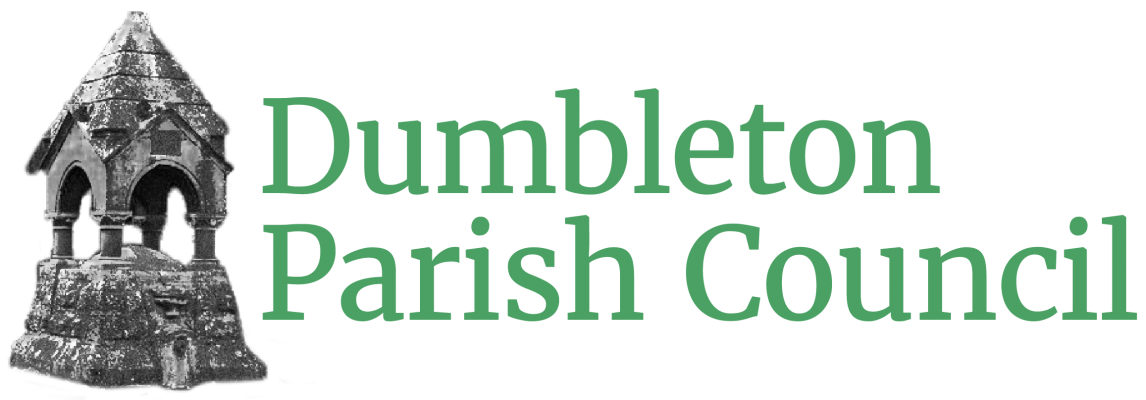Final Recommendations for Council Community Governance Review inc Appendix 1
Between 15 June and 15 September 2021, Tewkesbury Borough Council carried out the first Community Governance Review (CGR) in the borough. The CGR is an opportunity for statutory consultees, such as Dumbleton Parish Council, as well as all borough residents to comment on the current structure of local governance, for example, parish boundaries and the local councils.
Dumbleton Parish Council submitted its comments for the CGR noting that it saw no need for any changes to the current structure in the parish.
Several residents from Wormington submitted comments to the CGR regarding the current structure and these were reflected in the Parish Boundary Review Draft Recommendations published by Tewkesbury Borough Council in February 2022.
The sections relevant to Dumbleton Parish Council and the parish are 3.3.9, 3.4.2, 4.1.19 to 4.1.22, 6.13, 6.14 and 9.1.2. The Council urges all parishioners to read these sections.
The draft recommendation in 6.13 is that a new Parish Meeting is created for the ward of Wormington with the creation of a new Dumbleton Parish Council that would represent Dumbleton and Great Washbourne. The new Dumbleton Parish Council would see the number of councillors reduced from seven to five.
What is a Parish Meeting?
A full explanation of the functions and accountability of a Parish Meeting can be found here.
A Parish Meeting is for the purpose of discussing parish affairs and exercising any statutory functions conferred on them. The local government electors in a parish are the parish meeting. The Parish Meeting must assemble annually between 1 March and 1 June and on at least one other occasion during the year on a date to be fixed by the Chairman of the meeting . At its annual assembly, the parish meeting must elect a chairman, who continues in office until his successor is elected at the next annual assembly.
In a parish that has no parish council (as would be the case in the draft recommendations), the Chairman of the parish meeting and the proper officer of the district or unitary council (i.e. a person appointed by that council) are the body corporate of the parish meeting and are known as “the Parish Trustees”. In a parish without a parish council, contracts with a parish meeting are signed by the parish trustees and ownership of parish property is vested in the parish trustees. The parish trustees must act in accordance with the directions given by the parish meeting.
Functions and Powers
Parish meetings have a limited number of statutory functions, powers and rights of notification or consultation. These include:
- Allotments
- Burials
- Cemeteries and crematoria
- Charities
- Churchyards
- Land (note: A parish meeting has no general power of acquisition but may acquire land to exercise its allotments or burial powers)
- Lighting
- Rights of Way
- Village Greens (note: a parish meeting may prosecute a person who damages or encroaches upon a village green in the parish with the effect of interfering with the green as a place for recreation and thus commits an offence under s. 12 of the Inclosure Act 1857 (or s.29 of the Commons Act 1876) and s.189(3) of the 1972 Act )
- War Memorials
Finances
A parish meeting may precept the billing authority (i.e. a district or unitary council) for the expenditure incurred in the performance of its functions in a similar manner to claiming expenses for work undertaken. Unlike a Parish Council, Parish meetings are not local authorities for the purposes of the VAT legislation. They must therefore pay VAT on any purchases which attract it and cannot claim a refund.
Parish Assets
If a new Parish Meeting is created by degrouping from an existing Parish Council, the unitary authority (Tewkesbury Borough Council) works with both parties for the movement of any relevant parish assets. Any such movement does not change the existing designations of assets or any existing legal agreements.
Schedule
The consultation period for the parish on the draft recommendations runs from 1 to 31 March 2022 and all parishioners are encouraged to make their representations to Tewkesbury Borough Council. This can be done by email or in writing:
Email: elections@tewkesbury.gov.uk
In writing: Electoral Services (CGR), Tewkesbury Borough Council, Council Offices, Gloucester Road, Tewkesbury, Glos., GL20 5TT
The Parish Council is seeking the guidance of parishioners for their response to the recommendations and would like any representations to be emailed to clerk@dumbleton-parish-council.org.uk
All representations are under the Council’s Data Protection Policy, the Data Protection Act 2018 and GDPR and are redacted so no personal information is included.
Please make sure your representations reach both Tewkesbury Borough Council and Dumbleton Parish Council by 31 March 2022.
Tewkesbury Borough Council will make a decision on the draft recommendations in May 2022 with any decision being implemented no later than by the time of the next local council elections in May 2023.
